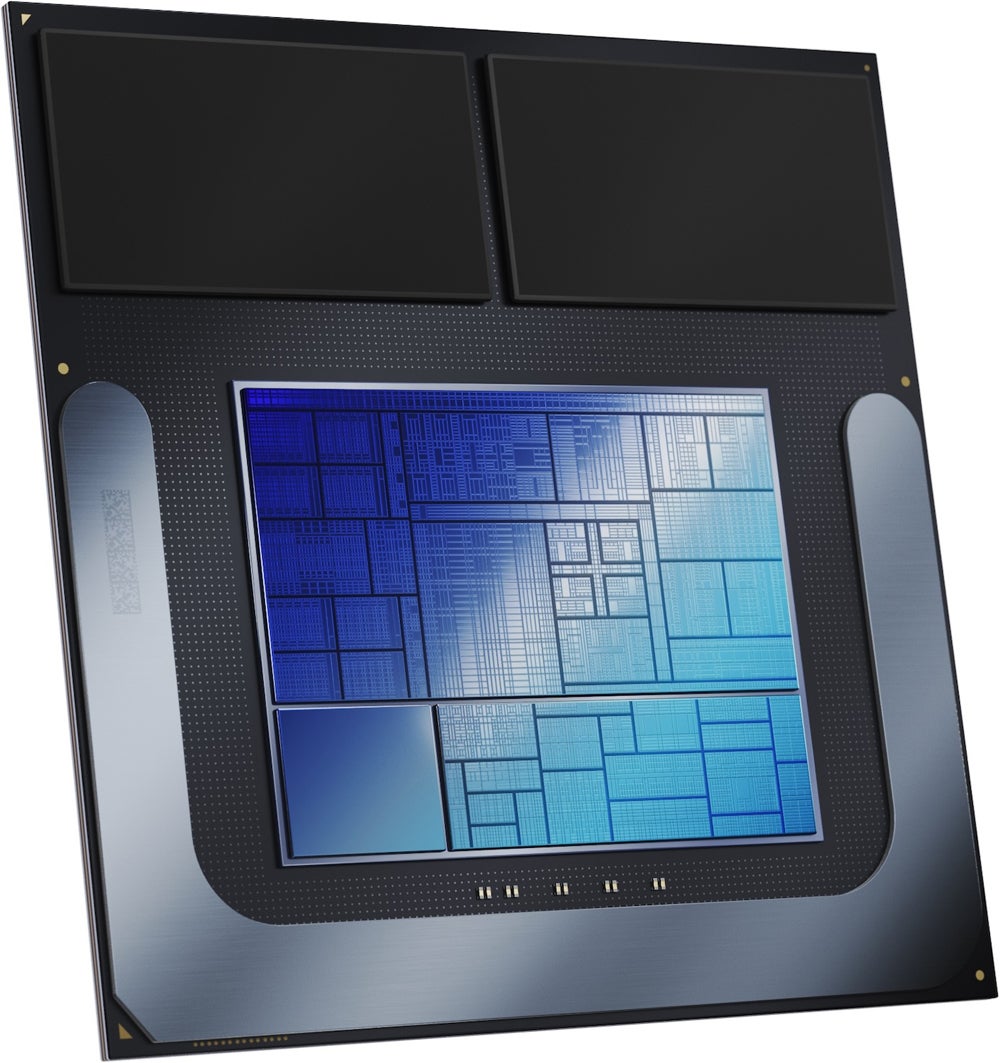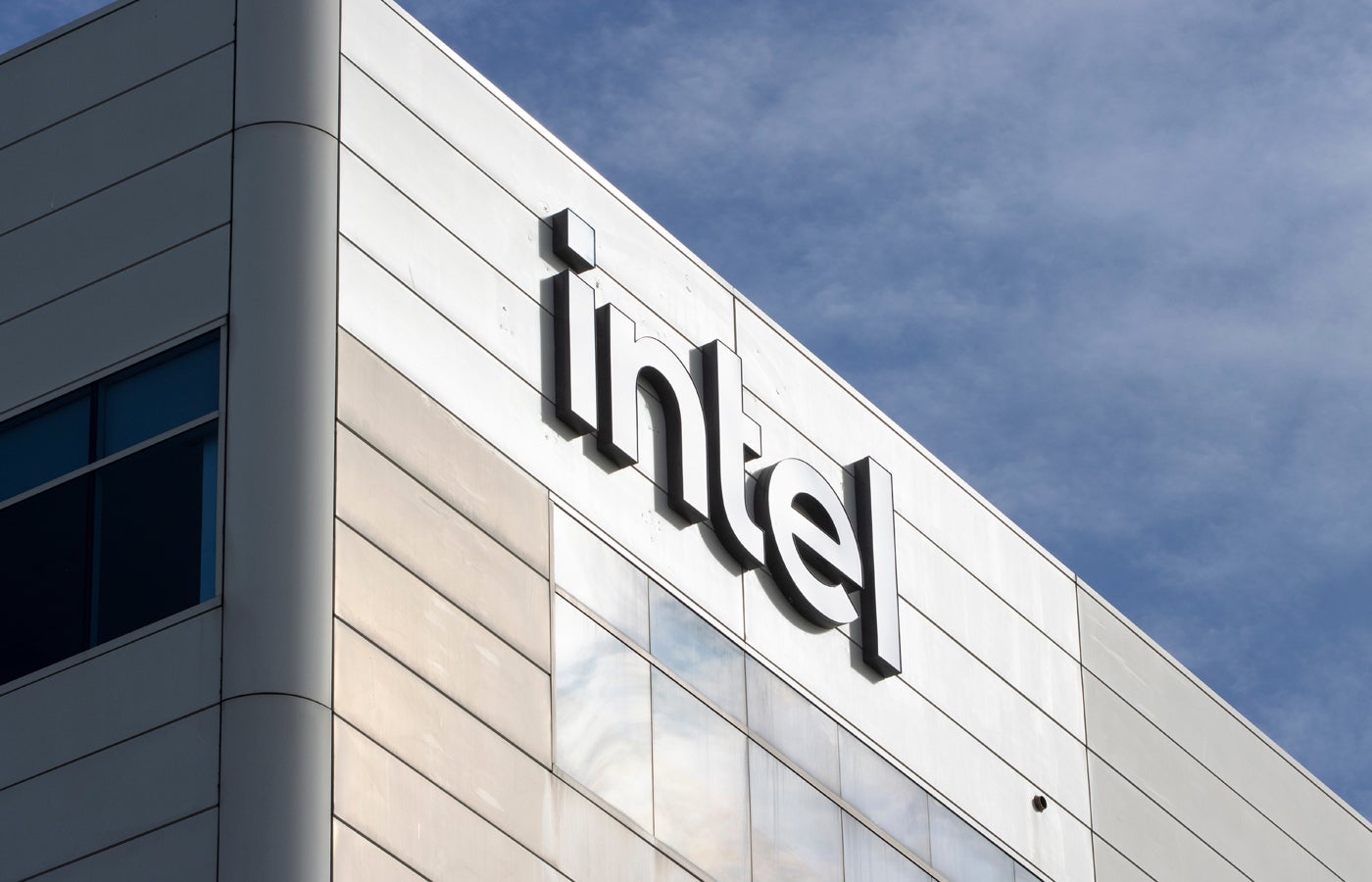On June 4 at Computex, held in Taiwan, Intel announced the next generation of its AI PC products: the Lunar Lake client processor architecture. Other reveals from Intel at the international computer expo were:
- Pricing for the Intel Gaudi 2 and Gaudi 3 AI accelerator kits.
- The release of Intel Xeon 6 processors with Efficient-cores (E-cores).
Intel products are available globally from the corporation and its distributors.
Lunar Lake processor runs at up to 48 TOPS
Intel revealed the details of the Lunar Lake processor, which will enable AI PC performance. Lunar Lake brings:
- 40% lower system-on-chip power and more than three times the AI compute compared to the previous generation.
- An NPU with up to 48 trillion operations per second.
- A new GPU design with Xe2 GPU cores for improved graphics performance and Xe Matrix Extension arrays, which is a second AI accelerator with up to 67 TOPS.
Lunar Lake will appear in AI PCs from more than 20 brands, including Microsoft, throughout 2024.

Competitors to Lunar Lake
Intel’s Lunar Lake competes with Qualcomm’s Snapdragon X Elite, AMD’s AI 300 series, Apple’s M4 and an increasingly crowded field of chips designed to make generative AI work on PCs.
Companies are competing for greater TOPS speed and reduced power draw to enable AI PC capabilities like Microsoft’s Copilot. AMD claims its AI 300 series reaches 50 TOPS. NVIDIA is talking about getting between 200 and 1,300 TOPS with its GeForce RTX GPUs for gaming and heavy-duty creative work on PCs and workstations.
SEE: What is generative AI, and what does it mean for business?
Last week, it was announced that Intel is part of a promoter group for a standard communications accelerator meant for AI chips in data centers, too.
For business use cases, faster AI performance could power seamless generative AI assistants. Copilot, for instance, runs on OpenAI’s technology. OpenAI and Microsoft are working on making its generative AI sound more like humans and remember where you might have dropped a lost item on your Copilot+ PC.
Intel Gaudi 2 and 3 pricing revealed
A standard AI kit made up of eight Gaudi 2 AI accelerators and a universal baseboard will be available to system providers at $65,000. Gaudi 2 is shipping now.
A kit made up of eight Gaudi 3 AI accelerators and a universal baseboard will be available to system providers at $125,000. It will be available in Q2 2024.
In addition to revealing the price of the kits, Intel announced at Computex that six new providers will be working with Gaudi 3. Asus, Foxconn, Gigabyte, Inventec, Quanta and Wistron have been added to the initial deals with Dell, Hewlett Packard Enterprise, Lenovo and Supermicro.
The Intel Xeon 6 P-Core processor is available now
Initially introduced at the Intel Vision conference in April, the first of the two new Xeon 6 processors was made available beginning June 3, Intel announced at Computex. That processor, the Intel Xeon 6 P-core (code-named Sierra Forest), is suitable for AI, other high-performance computing projects and cloud-native applications.
One tier up from the Xeon 6 P-core is the Xeon 6 E-core (code-named Granite Rapids), which has a shared software stack with the P-core version, plus:
- Higher core density.
- Better performance per watt.
- Lower energy costs.
The Xeon 6 E-core is expected to ship in the third quarter of 2024.

“AI is driving one of the most consequential eras of innovation the industry has ever seen,” said Intel CEO Pat Gelsinger in a press release. “The magic of silicon is once again enabling exponential advancements in computing that will push the boundaries of human potential and power the global economy for years to come.”
